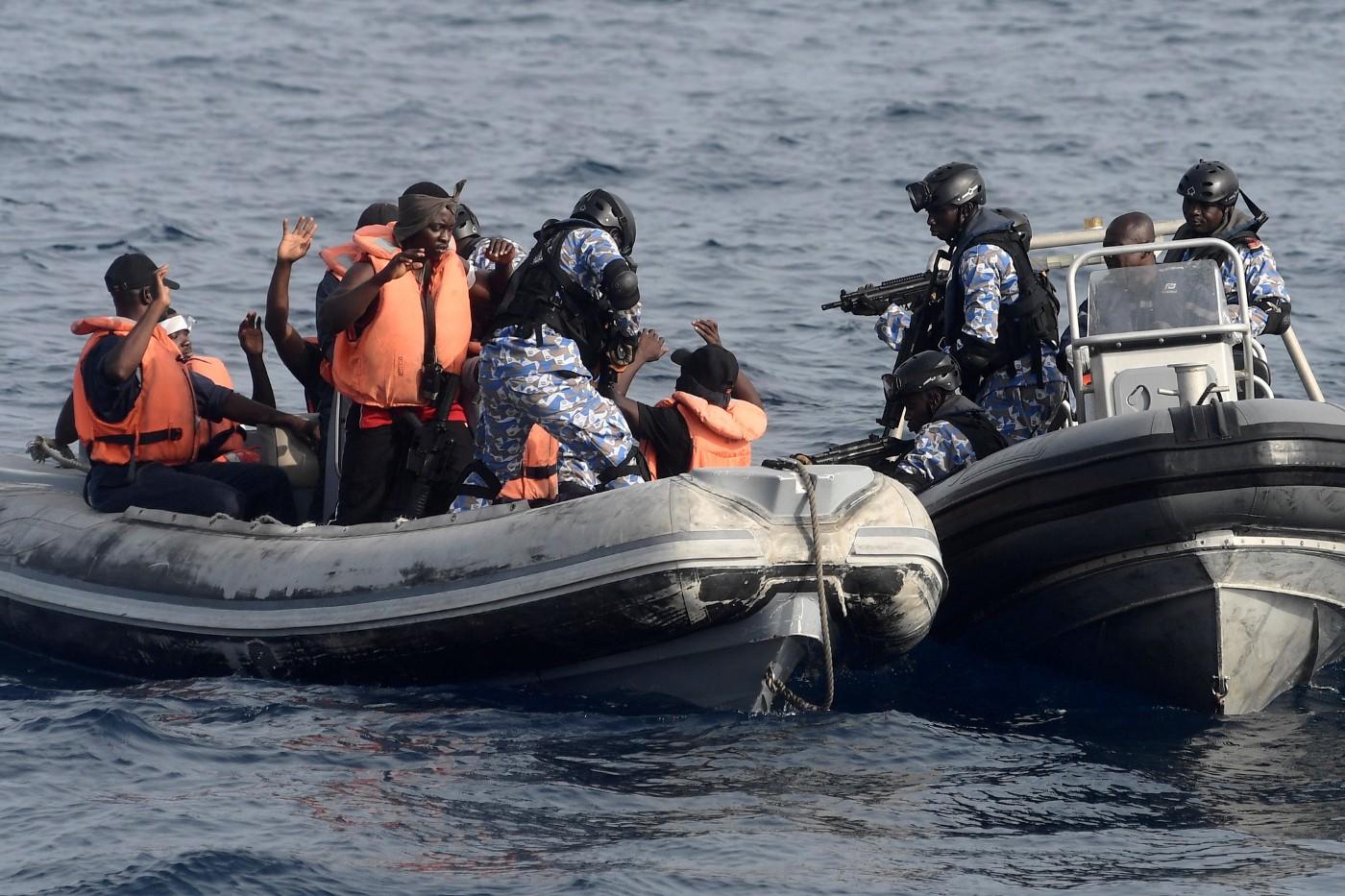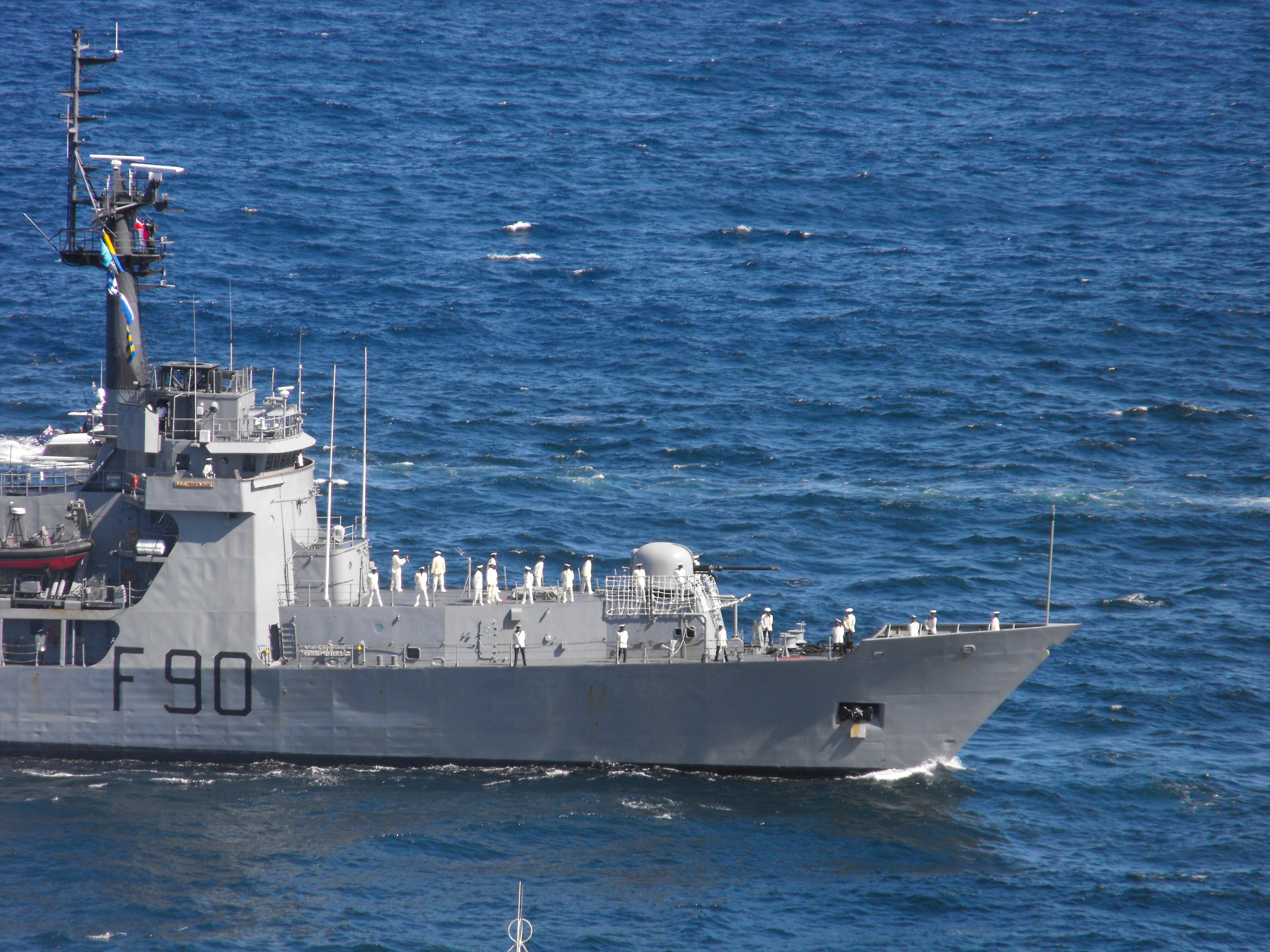Blog
Piracy in the Gulf of Guinea: time to bring anti-corruption on board capacity-building programmes

Despite a global decrease in piracy, incidents in the Gulf of Guinea (GoG) are on the rise. Anecdotal reports that some of these incidents involve uniformed and well-organised individuals make the situation all the more alarming.
Such reports are not new (BBC, 2012). However, they continue today (Azubuike, 2020). The authenticity of such claims is difficult to substantiate. If they are true, this would pose a significant escalation of risk in the region. It would also mark a worrying trend, given that this is a region and sector where extensive capacity-building efforts have been in place for years. These reports might be indicative that capacity-building efforts have been inadvertently creating ‘capital’ attractive to corrupt actors. For example, by providing skills, knowledge, and training, and through the delivery of equipment. This is a danger warned of by anti-corruption experts.
Maritime kidnappings
The Gulf of Guinea lies west of Africa, incorporating coasts from Senegal in the north to Angola in the south. Over the last ten years, it has become synonymous with piracy. According to the International Maritime Bureau, incidents in the GoG account for 82% of maritime kidnappings worldwide. And they continue to increase, rising from 78 abductions of crew in 2018, to 121 in 2019.
The rate of increase in the GoG is particularly alarming, as this is an area of high maritime economic activity. It holds large reserves of energy resources. It is also part of the international maritime transportation network, given its strategic location connecting other continents, especially America and Europe, to Africa.
Security challenges
Despite this, the Gulf is not very well guarded and suffers from a wide spectrum of security challenges. According to the UN Office on Drugs and Crime (UNODC), it is an important transit point for cocaine and other illicit goods. The region is also rife with many forms of environmental and petty crime. These factors combine to provide ideal conditions for criminality, including piracy.
Given the significance of the region, the proliferation of piracy is not just viewed as a localised maritime security threat. These nefarious activities affect international maritime trade more broadly. Piracy has a significant regional impact on trade in oil and natural resources, which in turn impacts the inter-regional economy.
Notwithstanding the significance of the threat posed by piracy, the proliferation of such incidents is often a visual indication of deeper structural problems. Piracy itself is frequently seen as a biproduct of poor governance and state failure. It is also symptomatic of wider systemic criminality, such as fuel smuggling and illegal migration.
Role of corruption
At least in the context of Nigeria, corruption could be identified as of particular relevance in this regard. In a 2016 study, the International Crisis Group noted that some of the Nigerian navy’s elite were involved in the illegal oil trade. Other research suggested direct links to piracy.
Therefore, piracy represents a political threat to fragile states in the region, a major security problem, and an economic and development issue. As a result, it is a matter of international concern.
It is within this context, and given the strategic importance of the Gulf of Guinea, that the maritime sector in the region is the recipient of significant capacity-building programmes. An example of these is AFRICOM’s Africa Partnership Station (APS), which is the US Naval Forces Africa’s overarching capacity-building programme for Africa. APS aims to improve the ability of partner nations to extend the rule of law within their territorial waters, to better combat illegal activities, including piracy (AFRICOM, 2017).
This, among other capacity-building efforts, has resulted in many navies in the Gulf of Guinea region being able to increase their capabilities. A tangible outcome can be is seen by the adoption of the Yaoundé Code of Conduct in 2013, which aimed at responding to piracy collectively. This has resulted in greater cooperation among countries in the area.
Lack of anti-corruption measures
Yet there is a striking absence of practices to reduce corruption incorporated into the design of these capacity-building efforts. Anti-corruption measures should be an integral part of such efforts. Measures might include elements that:
(i) create awareness of the potential impact of corruption on capacity building;
(ii) avoid compartmentalising ‘security’ and ‘corruption’ into two unrelated issues;
(iii) assess corruption risks and develop mitigation plans;
(iv) provide pre-deployment training to donor staff;
(v) provide integrated anti-corruption training to partners; and
(vi) monitor the assistance and safeguard against abuse.
This issue was documented in a case study in 2018 from the U4 Anti-Corruption Resource Centre, Capacity Building for the Nigerian Navy: Eyes wide shut on corruption?. It results in a risk that the very efforts to provide these institutions with more capacity and skills to respond to piracy may be abused. In fact, capacity-building efforts may be used to professionalise corrupt practices and actually stimulate piracy. For example, improved knowledge, skills, and equipment can be used to strengthen the abilities of corrupt actors to devise and carry out corrupt schemes. They might also improve their abilities to divert resources away from the intended purposes.
Anecdotal reports of the increased sophistication of piracy in the Gulf, therefore, may indicate that newfound capacities or skills are sometimes converted to a use different from that envisioned. This allows for professionalisation of criminal activity and corrupt practices, instead of being directed towards the intended fight against such activities.
Timely reminder
More research is warranted to substantiate this theory. Nonetheless, this blog should act as a timely reminder of the importance of donors carefully considering the inclusion of anti-corruption measures when designing and implementing capacity-building programmes. Moreover, they should study whether those programmes will translate into institutional improvements. Or, as warned of before, might they create ‘capital’ that could be attractive to corrupt actors.
Disclaimer
All views in this text are the author(s)’, and may differ from the U4 partner agencies’ policies.
This work is licenced under a Creative Commons Attribution-NonCommercial-NoDerivatives 4.0 International licence (CC BY-NC-ND 4.0)
